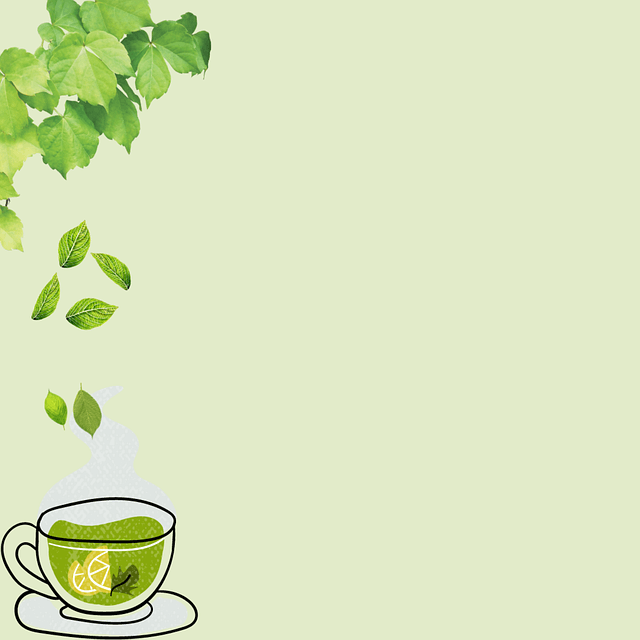HEALTH BENEFITS OF ORGANIC TEA
About your Tea
About your Tea
Accept your tea with its entire healthy diet inside. Simply consume tea on a daily basis to improve both your physical and mental health.
We all want to do "our part" to help the environment, but how can your daily cup of tea help? Making the decision to drink organic tea could be your first modest step toward preserving the environment if, like many others, you want to live a more sustainable lifestyle. But what is the real story behind this herbal concoction, and what benefits can it provide for both you and the areas where it is produced? Retailers and customers alike are getting more and more interested in organic loose tea. Can it really aid in the fight against environmental degradation, even though many tea-growing estates are making the historic decision to move to organic tea production? Is all this fuss really worth it? The answer is without a doubt yes, however let's consider.
The term "Organic" refers to the cultivation and processing of agricultural goods without the use of herbicides, insecticides, bioengineered genes, or petroleum- or sewage-based fertilizers. When organic tea is imported into the European Union, it is first verified and recertified by the regulatory agency in the country where it was produced. The EU's organic product laws are quite strict and consistent throughout Europe. Every tea container is examined and tasted; if a tea doesn't pass inspection, the container is resealed and sent back to the nation of origin. Some nations, particularly China, have experienced major pollution problems in recent years. In reality, a significant Greenpeace investigation from 2012 found that a sizable portion of Chinese teas had pesticide levels that fell short of the tight requirements set forth by EU law. However, when comparable research were made public domain, this has significantly improved.





Not only is it important to comprehend the incredibly wonderful effects that producing organic tea may have on the environment and its people. Why shouldn't the same hold true for your tea when these relatively new procedures have already been shown effective in the mass-production of fruits and vegetables, which has led to a rapid improvement in consumer health? You may help our planet's long-term health and the health of your own body by include organic tea in your diet. What more could one ask for? It has been discovered that organic foods contain more nutrients, such as antioxidants, than foods farmed conventionally. Additionally, it's estimated that between 19% and 69% of allergy sufferers see a reduction in their symptoms after switching to organic foods.
When you switch to tea, it can also provide you with these advantages, albeit Organic Leaf Tea has much larger amounts of these advantageous compounds than other varieties of tea. Many organic tea leaves will probably be nutrient-dense in vitamins A, C, E, and K, as well as potassium, magnesium, and calcium. Recent research has also demonstrated Organic Tea's remarkable capacity to treat a variety of common maladies, including a decreased risk of developing arthritis and even preventing heart disease! In addition, a lot of ardent tea drinkers think that organic tea tastes better than tea sourced from estates that use dangerous pesticides or insecticides.
Teas that are not labeled "organic" are frequently dried by air without being rinsed. As a result, artificial chemicals are absorbed into the leaves and are likely to make it into your cup. In the end, this may have an impact on the tea's quality and, if frequently consumed, may have negative health effects. Some experts have even asserted that some of the negative effects, such as jitteriness and insomnia, are not actually caused by the caffeine in tea but rather by the synthetic chemicals used in traditional tea processing, though there are no studies to support this hypothesis just yet.
In addition to promoting biodiversity in and around the tea gardens, refraining from using synthetic fertilizers can help preserve the ecosystem of the region surrounding tea estates. This entails assisting in the preservation of local animals and enabling the sustainable development of the tea industry. However, the methods now used in the bulk production of tea are hardly innovative or sustainable. Pesticide and fertilizer use is severely reducing the amount of land that could have been used for agriculture for a much longer period of time. Additionally, the nitrogen that is included in these man-made goods is frequently absorbed by the plants and the soil around them.
The leftover material may leak into waterways and result in significant "algal blooms." This out-of-control, nitrate-fed alga has the power to suffocate fish and other aquatic life while depriving water bodies of essential oxygen. Sadly, these negative effects are just the beginning. Many Tea Estates use a "unnatural" mass-production method that can have a much worse effect on the environment by destroying habitats and contaminating soil to the point where it is unusable. Over 98% of pesticides that are sprayed, primarily as a result of wind and severe rain, end up somewhere other than where they were intended to go. It follows that the damage does not only affect the immediate area of production.
